Judy Endow Examines the Interplay Between Autistic Burnout and Aging
Last week I returned from a vacation that I had been dreaming of taking for several years. I had booked my vacation quite a long time ago. After booking it, my personal resources declined. Many autistics know this phenomenon as autistic burnout. I am beginning to understand that there is likely some interplay between autistic burnout and aging .

In autistic burnout we come to the end of our resources that enable us to act as if we are not autistic in order to meet the demands of the world around us. For me these demands have included things like being able to raise my children and maintain employment. I have gone through a few distinct periods of burnout and have successfully managed them by withdrawing from the world as best I could while carrying on daily commitments to children and to employment. Twice during my adult life I had to severely limit my gainful employment because the burnout was too great to enable me to continue. I always have been good at planning and saving so each of these times I had savings to draw from for several months.
Finally, I had accumulated enough savings to feel confident to book my dream vacation! For many years I have found good deals on Alaskan cruises to see Glacier Bay and at long last I felt in a place to be able to actually book the cruise. I have a particular love of water in natural settings. It was very exciting to plan and dream of this upcoming vacation.
Increasing Sensory Regulation to Navigate Autistic Burnout
Then, autistic burnout began to rear up again. I thought I knew just how to navigate the burnout. At least I knew to slow down, pull back from social engagements and increase sensory regulation time and modalities. In the past these things had been helpful and allowed me to get back in sync after a few months, thus being able to venture back out into the life I wanted. Not this time.
I am thinking the combination of autistic burnout along with aging has made this episode quite different than the other times burnout has been problematic. For almost a year now, I have been experiencing somewhat of a burnout, but the difference is that I am not able to get past it like I have previously.
Over the months I’ve ramped up my sensory regulation. I am now spending about four hours per day devoted to keeping myself regulated. Some of the things I do include swimming, walking, bike riding, massage, and absolute quiet. In the past all of these things worked well. Now all of these things just sort of work. It means that no matter how much I do I never feel completely regulated.
Then, my vacation time arrived and regulated or not it was time! And, I was excited – very excited. So, off I went – first to San Francisco for some days and then on the cruise. I was by myself most of the days in San Francisco. I did some sight seeing, but all in a way that worked well for me. I was not rushed and did not have anyone else with me. Most of my friends could not understand why I was looking forward to being completely alone on vacation in San Francisco, but it worked very well for me. I could come and go as I was able and stop whenever I felt the need.
I did have friends who met up to have a day in San Francisco before boarding the cruise. While on the cruise we went our separate ways during the day, sharing a dinner table for our evening meal. It was fun to compare notes on who did what during the day and it was just enough social demands for me to enjoy the company, but not be overwhelmed. I could go the entire day without speaking to anyone and walking around the deck viewing the waterways or watching different activities on the cruise ship.
Do the Years of Acting Impact the Natural Aging Process?
Now that I am back home I have realized that this burnout is different. Even after a lovely undemanding time away my body regulation has pretty much stayed the same – it has not improved as I had anticipated. Now I am thinking this present autistic burnout is combined with effects of getting older. It is like my body has hit a new normal of sorts, meaning that it has slowed down. It seems that no matter how much sensory regulation I do in a day that my body will never get back to what I consider ground zero. Perhaps this part is some of the aging of my body – it just doesn’t spring back to where I can be all chipper and ready to roll full steam ahead.
While at sea I thought a lot about this. In fact, I left my ideas and expectations of my younger self somewhere between Juneau and Skagway. By the time I arrived in Victoria I was trying on my newly found freedom of being okay with the slowed down self of me. The walking tour along the seaside was going too fast for me to be able to take the photos I wished to take. When the tour veered away from the seaside trail I excused myself so that I could be alone. I took my jolly good time walking back to the ship and taking over 300 photos during a leisurely stroll, I enjoyed it immensely!
Now that I am home I am continuing to practice being kind to myself by adjusting my own expectations of how much I do in one day. As an autistic I have for several years been doing the same quantity of employment, housework, art production, regulation, reading, writing, etc. both daily and weekly. Following a schedule is important to me as is getting things accomplished. I didn’t realize my self imposed expectations needed to be adjusted.
Spending ten days on a ship surrounded by natural waterways helped me to understand that autistic burnout may be impacted by the natural aging process, meaning that I will not come out of an episode of burnout at my younger starting point. Because so little is known about autistic people and aging, those of us who are getting older can at least start a discussion about it. I personally am wondering just now if the years of acting – passing as a neuro-majority person – impacts the natural aging process. Do autistics age faster because so much personal physical resources are impinged upon in order to year after year appear to be as typical as possible so that we might fit in enough to pass as somewhat human to the rest of society? And if so, is this a fair price to pay? And fair for whom?

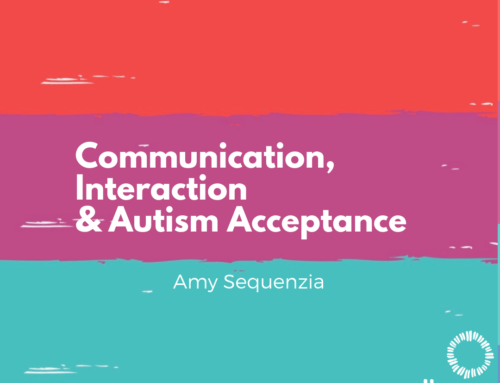
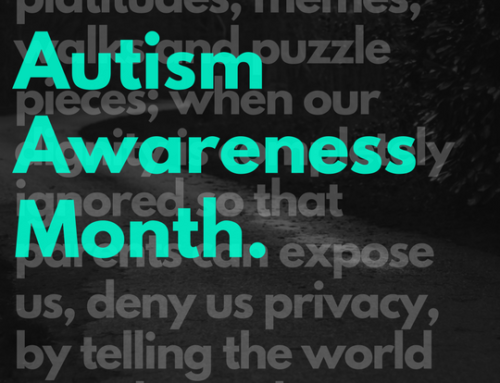

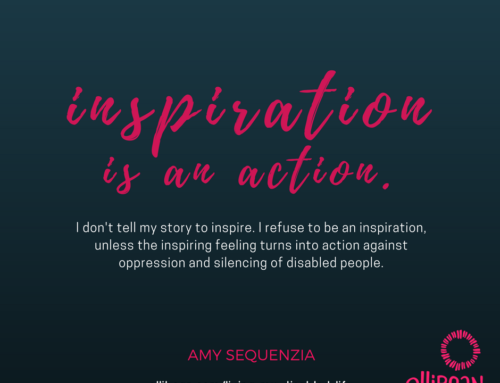
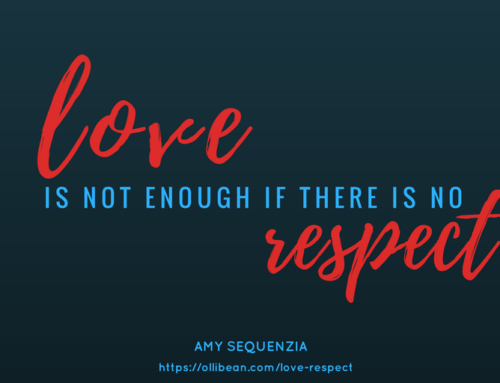
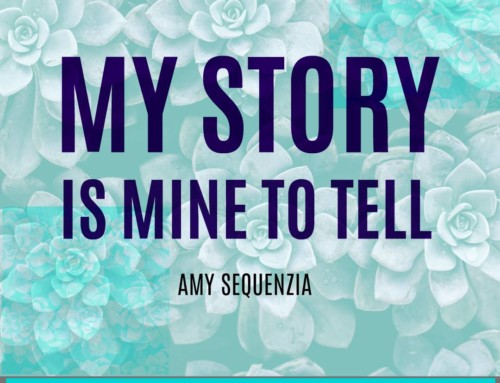
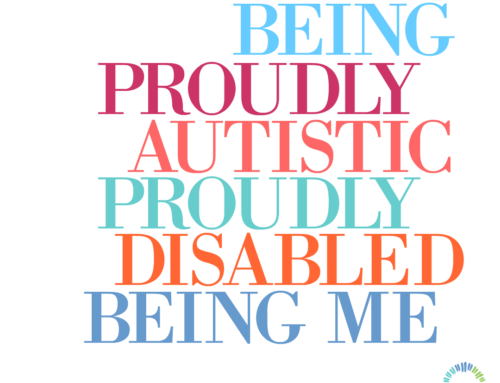
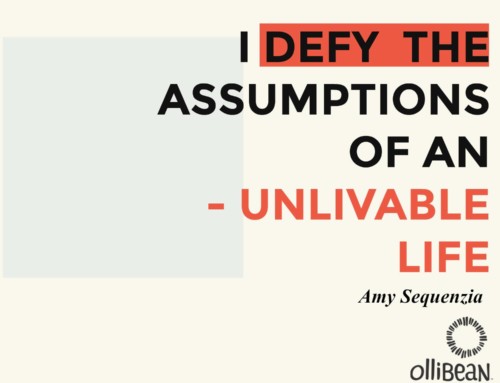
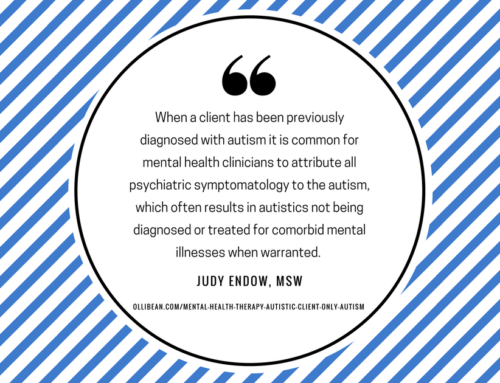
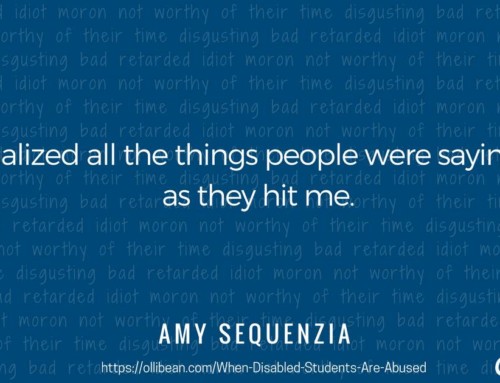

I, too, have observed a slowing of my life. I have never been able to hold employment, but it is even more out of the question now than ever before. I find myself taking hours to do things that used to only take minutes to do. And my ability to be around other people for any length of time has seriously declined. If I did not live alone, I don’t know how I would’ve survived this long. I need lots of space and alone time in order to maintain function. I would not be surprised to find myself becoming even more of a hermit as the years go on. I am deeply satisfied with that. My only concern is that it means I don’t really have a network of people to catch me if I fall. Hopefully, I don’t need that, although I know the Lonewolf is a romantic notion and a wolf without a pack doesn’t survive long.
Excellent post. Thank you. It helps to explain a lot about my own recovery process and burnout. In my later 40’s (pre diagnosis) I hit an emotional and physical wall that I did not even begin to understand. It lead to checking myself into the hospital and missed diagnosis of depression, anxiety, OCD, PTSD. It never occurred to them to consider I was autistic. The other diagnoses were part and parcel of what they did not see and I really feel now that all of those years of trying to fit in are what lead to my collapse. Years later (diagnosed at age 53 in 2014) I’m feeling what you are talking about here and how my body is changing in it’s ability to bounce back. Is it simply aging I wonder, or aging and being Aspie. Thanks again for a wonderful post.
I seriously relate to this. I know I was (and I guess still am) a black and white person, but over the years from the youngest of age I ended up acting grey that it has now become part of who I am. Just to to pass as a neuro-majority person and just fit in. Not to be alone and not to be excluded and forgotten.I think I’m getting the idea why I ended up volunteering for so many things as opposed to sitting doing nothing.
Excellent article.
Hi Judy. thanks for a really useful post!
I am struggling with burnout too at the moment. I think for me it’s exacerbated by having a chronic pain condition and getting older.
When my pain is bad my ability to appear neurotypical enough to work part-time and fullfil other social functions without getting sick or being unable to cope is drastically reduced. I’ve also found that as I get older (late forties now) my resiliance to these pain episodes gets less.
My feeling is that we all only have a finite amount of personal resources (I think of it as a social / communication ‘muscle’) and if I am sick or in pain, the ‘muscle’ has less energy to start with and so can’t do as much and I flunk out quicker. My suspicion is that as I get older my daily dose of energy for this muscle is also less, leaving me with less strength in that muscle even at the beginning of the day.
This seems to fit with what you’re describing too. My plan for dealing with this kind of thing is the same plan I have for loads of other things that change which I don’t like, I am going to check my health is OK generally (for my age) and if it is, then I will accept that this is how things are and adapt my activities to fit what I can manage. I do find it very frustrating though and a bit scary when I can’t do what I used to do.
This was a really great post. Lots of very good thoughts that I can work with. I am not actually on the spectrum, but I get burnout- My husband (56), and the first 4 of my 5 kids (age 18 to 25) are fully Autistic. My hubby is fully employed currently as a high end computer software-to-hardware engineer, and I have seen hubby go thru burn out episodes a couple of times. And I am pretty sure my 19 yr old daughter is dealing with this right now. Your insights are invaluable. Thanks for being so willing to share parts of your experiences to help others.